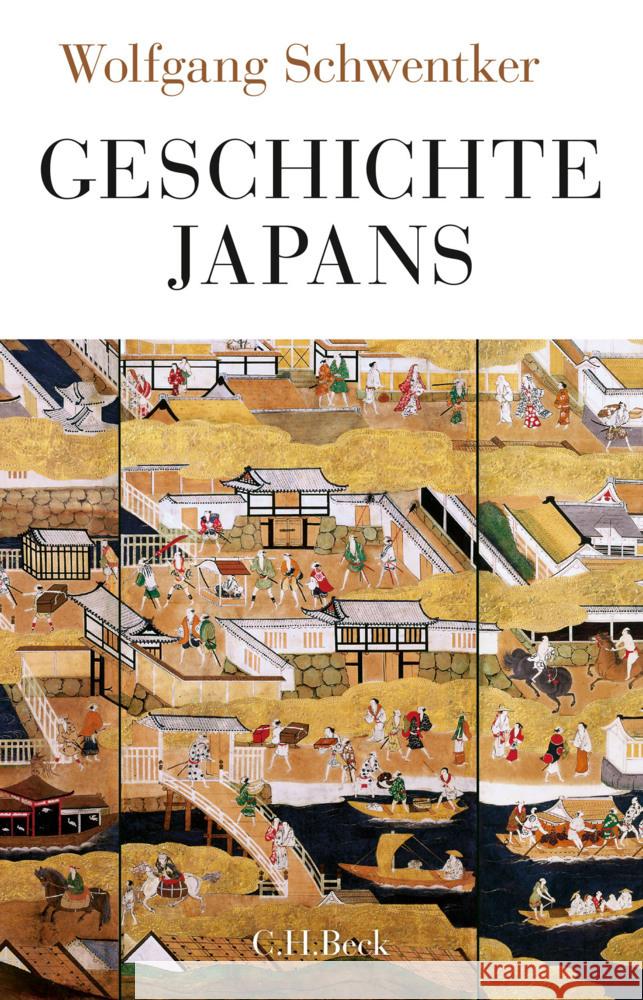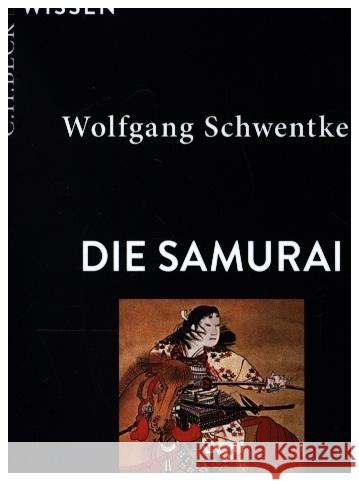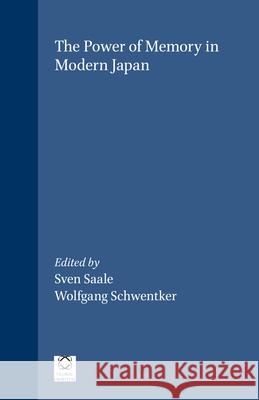topmenu
Wyniki wyszukiwania:
wyszukanych pozycji: 3
 |
Geschichte Japans
ISBN: 9783406839894 / Niemiecki / Twarda / 1050 str. Termin realizacji zamówienia: ok. 10-14 dni roboczych. Kein Land Asiens erscheint faszinierender als Japan. Das Inselreich hat nicht nur eine einzigartige Kultur und Ästhetik hervorgebracht, es blickt auch auf eine lange Geschichte zurück. An einer neuen, umfassenden Monographie zur Geschichte Japans in deutscher Sprache hat es aber seit langem gefehlt. Wolfgang Schwentker legt sie nun vor und erzählt auf dem neuesten Forschungsstand die Geschichte Japans von der Ur- und Frühzeit bis in die Gegenwart.
Die geographische Lage am äußersten Rand Ostasiens und der insulare Charakter des Landes bestimmen über die Epochen hinweg Japans... Kein Land Asiens erscheint faszinierender als Japan. Das Inselreich hat nicht nur eine einzigartige Kultur und Ästhetik hervorgebracht, es blickt auc...
|
cena:
259,43 |
 |
Die Samurai
ISBN: 9783406807589 / Miękka / 133 str. Termin realizacji zamówienia: ok. 10-14 dni roboczych. |
cena:
53,68 |
 |
The Power of Memory in Modern Japan
ISBN: 9781905246380 / Angielski / Twarda / 2008 / 284 str. Termin realizacji zamówienia: ok. 30 dni roboczych. Due to their symbolic and iconographic meanings, expressions of 'collective memory' constitute the mental topography of a society and make a powerful contribution to its cultural, political and social identity. In Japan, the subject of 'memory' has prompted a huge response in recent years. Indeed, it has been and continues to be debated at many levels of Japan's political, social, economic and cultural life. For the historian and social scientist the opportunity to access recorded memories is invariably welcomed as a valuable building block in research and a determinant in establishing...
Due to their symbolic and iconographic meanings, expressions of 'collective memory' constitute the mental topography of a society and make a powerful ...
|
cena:
420,68 |










